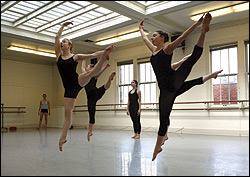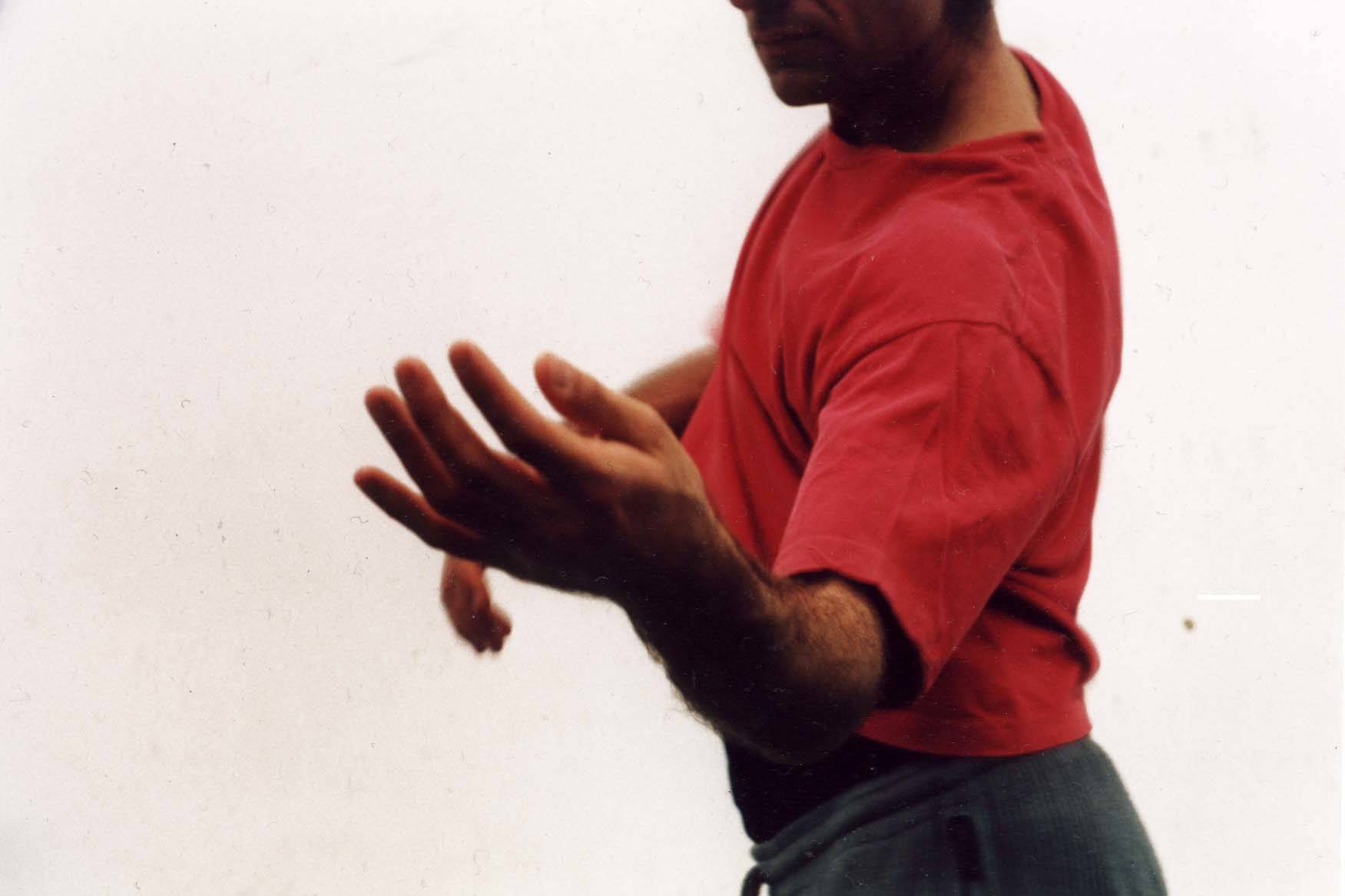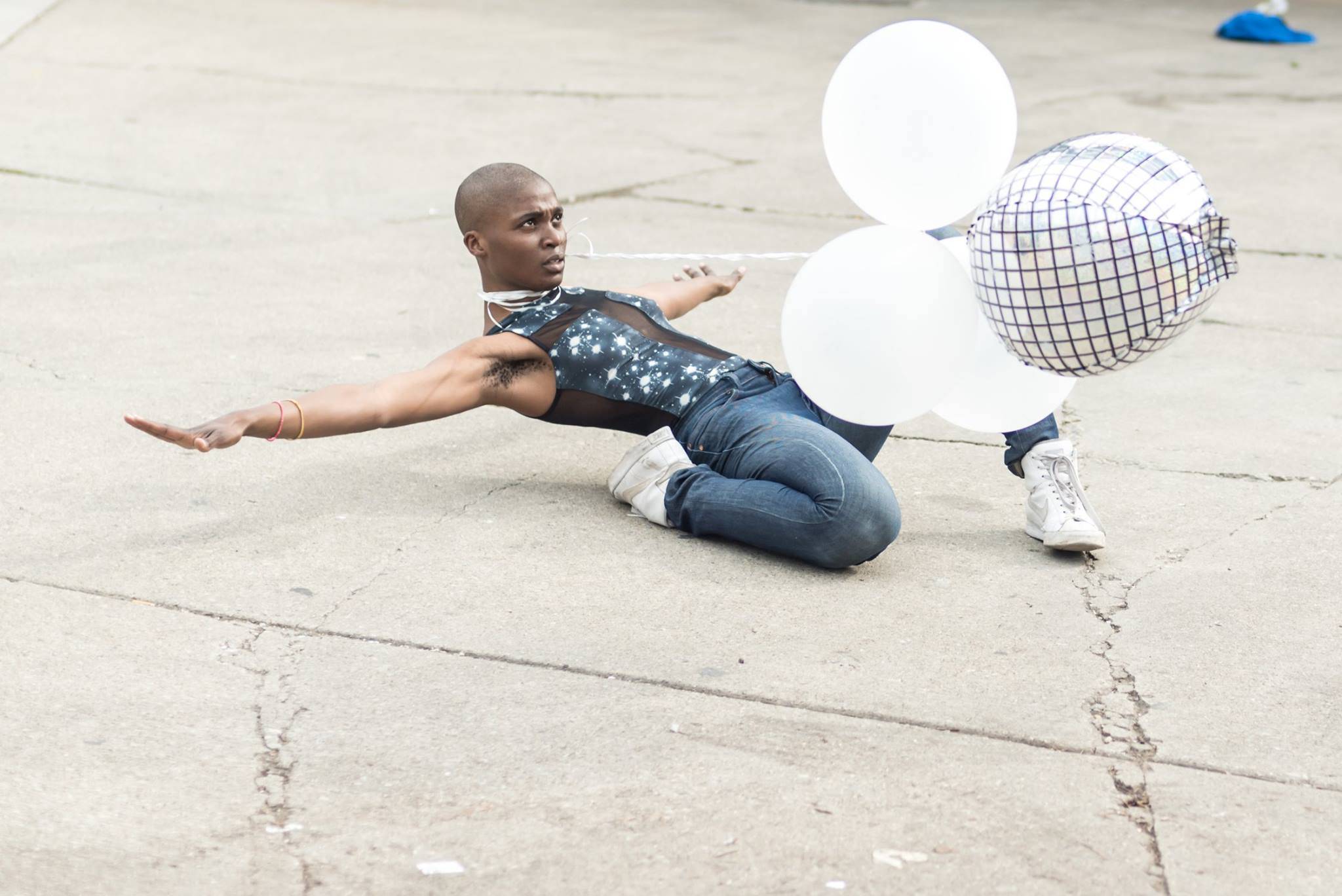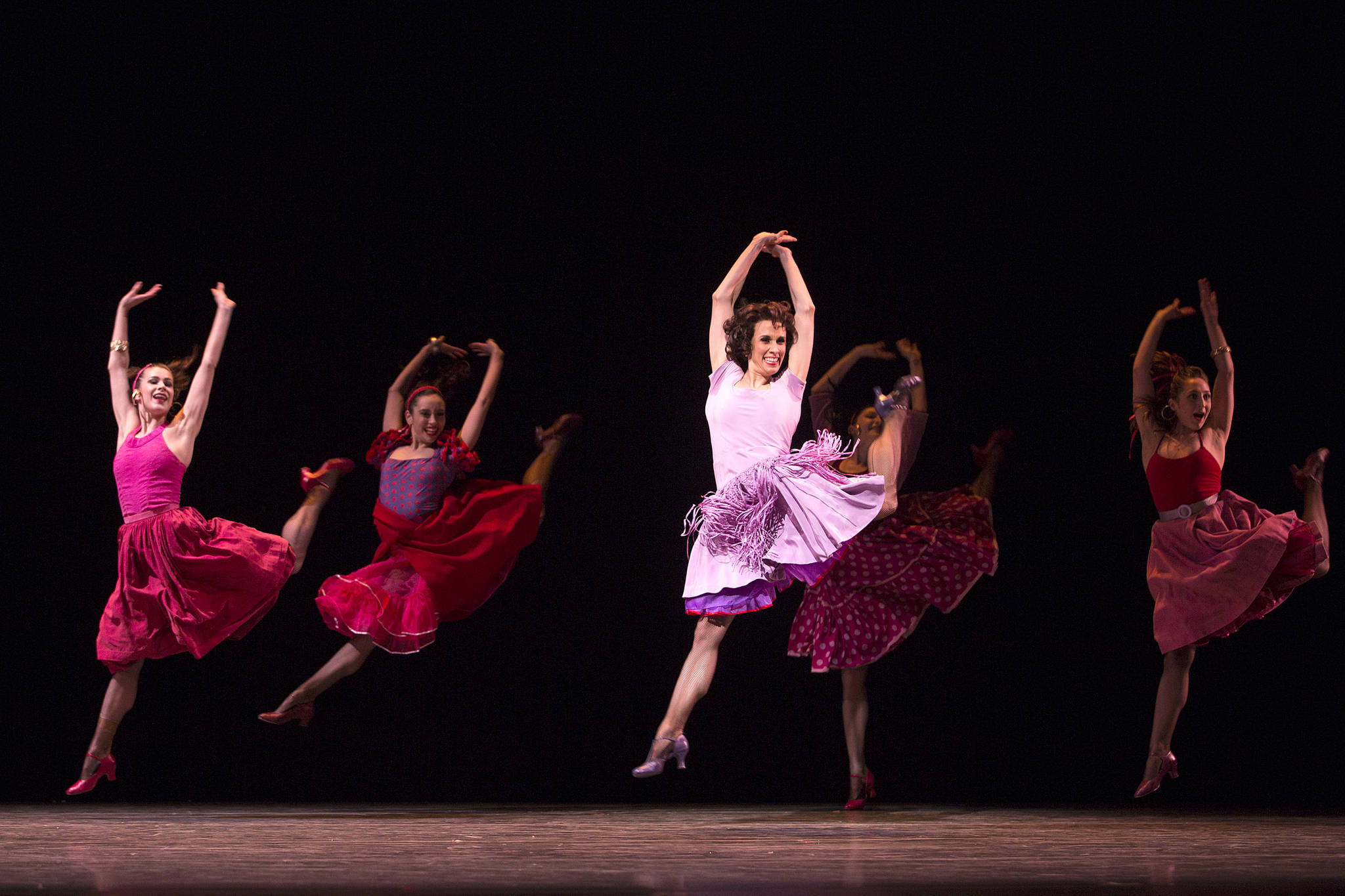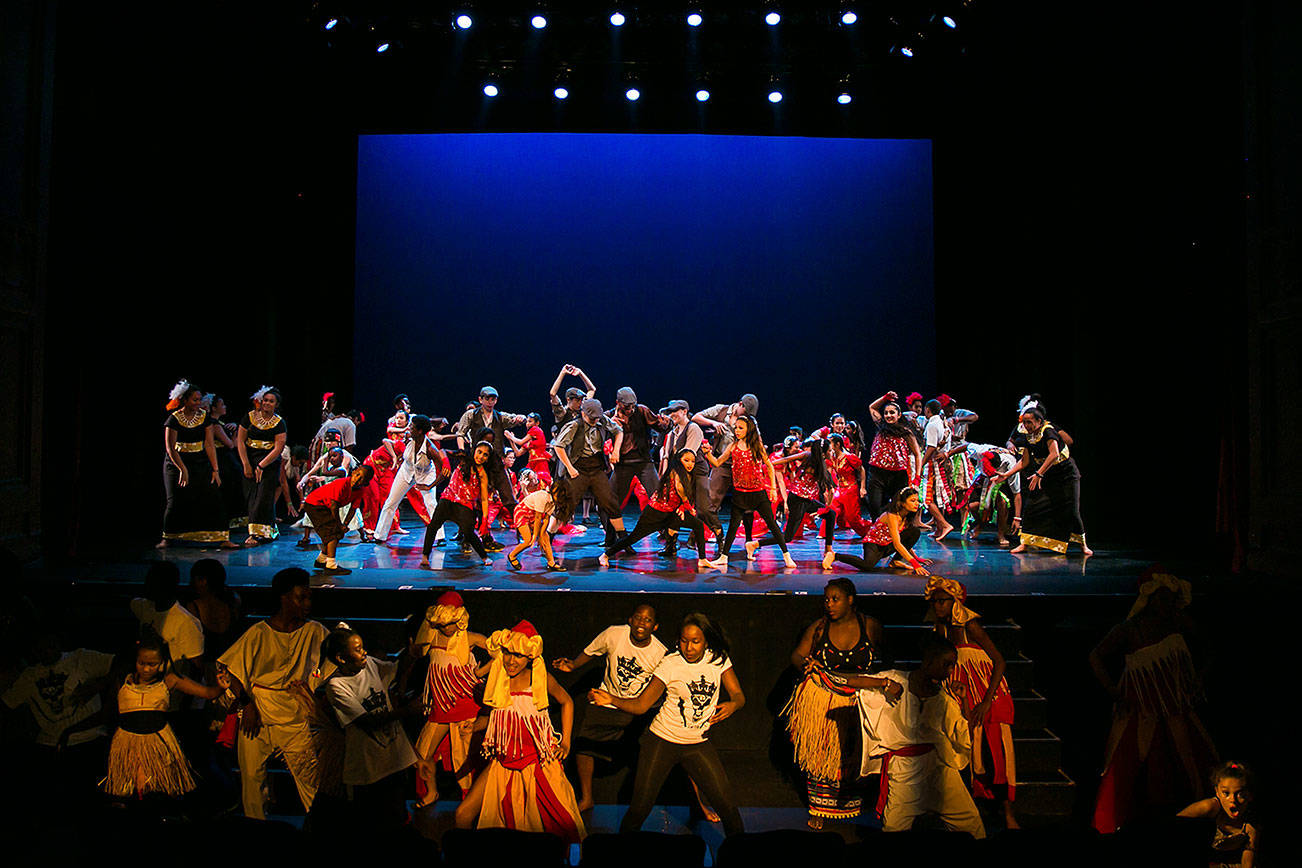Cornish College celebrates the 75th anniversary of its association with dance legend Martha Graham with a coup: the restaging of the choreographer’s 1948 masterwork, Diversion of Angels. Such a revival would not have been possible 10, or even five, years ago.
During her lifetime and well after her death, Graham and her followers were very protective of her choreography, to the point of being exclusionary. At certain times in her career, Graham even discouraged her dancers from seeing the work of other choreographers; she demanded loyalty and she got it. Over time, the repertoire acquired a reputation of untouchability—you didn’t even think of dancing it unless you were part of the company, part of that community. After Graham died in 1991, though, this attitude threatened to protect the repertory to death. Fortunately, things have moderated, and after a lengthy court battle over the ownership of the dances, the current incarnation of the company Graham founded has embraced a kind of apostolic agenda, encouraging other ensembles and schools to mount productions of the rep.
Presently, however, in a Cornish studio, as former Graham dancer Peter Sparling stages the work on a group of students, he is less immediately concerned with the choreographer’s legacy than with where a particular dancer (who is learning the role known as the “woman in white”) is placing her derriere. “The ‘woman in white’ was always terrified” of a precarious moment where she stands on the back of her partner’s legs and sits on his feet, he tells them. “You just have to do it and pray.”
The audience will see a passionately romantic work revealing three aspects of love, but Sparling talks about “bumblebee girls” and “buffalo jumps” while he acts as a traffic cop for the dancers careening through space. His advice shifts between the anatomical—the positions of hands and hips—and the metaphoric, but even the most abstract pronouncements are anchored in the physical world. He is protective and respectful of his heritage, but he’s also comfortable enough with it to be familiar—a valuable lesson for students aspiring to be artists.
This is a school project, and Cornish has been taking full advantage of Sparling and his colleague Susan McLain as teachers, leading classes and discussion groups, speaking at open rehearsals and lectures. Dance is notorious for keeping its history alive in its practitioners rather than in its libraries, so the stories these artists tell about their own careers are another link for all of us to Graham’s vision. Her work comes from an earlier period in modern dance where the directive was to “dance who you are”—to be emotionally naked onstage. It’s grounded in the psychological investigations of the middle of the last century, and it lacks the postmodern irony of much contemporary work. Norman Dello Joio’s score for Diversion of Angels is achingly beautiful, and the relationships of the three main couples ride on its emotional through line. The rushing thrill of infatuation, the sensuality of passion, and the deep satisfaction of mature love are woven through this dance, and their power is transferred to us kinesthetically as we watch.
When Martha Graham first performed at Cornish in 1930, neither the artist nor the school were the institutions they are today. (See our Oct. 12 cover story, “The Kids Are All Right.”) Founder Nellie Cornish had heard of Graham’s uncompromising aesthetic and hired her to bring her incendiary brand of modern dance to Cornish for a summer session. Graham had established herself as an independent artist only four years previously; the Cornish School was a spunky adolescent at 16. Now, 75 years later, both have triumphed through difficult transitions to find a new sense of equilibrium in a famously volatile environment: the world of art.
“Day of Dance: The Life and Legacy of Martha Graham” (lecture/demonstration), 2 p.m. Sun., Oct. 30. Free. Moore Theatre, 1932 Second Ave. Cornish Dance Theater in Martha Graham’s Diversion of Angels, 8 p.m. Fri., Nov. 18–Sat., Nov. 19; 2 p.m. Sat., Nov. 19. $4–$8. Broadway Performance Hall, 1625 Broadway Ave. For more information: 206-726-5011, www.cornish.edu.
